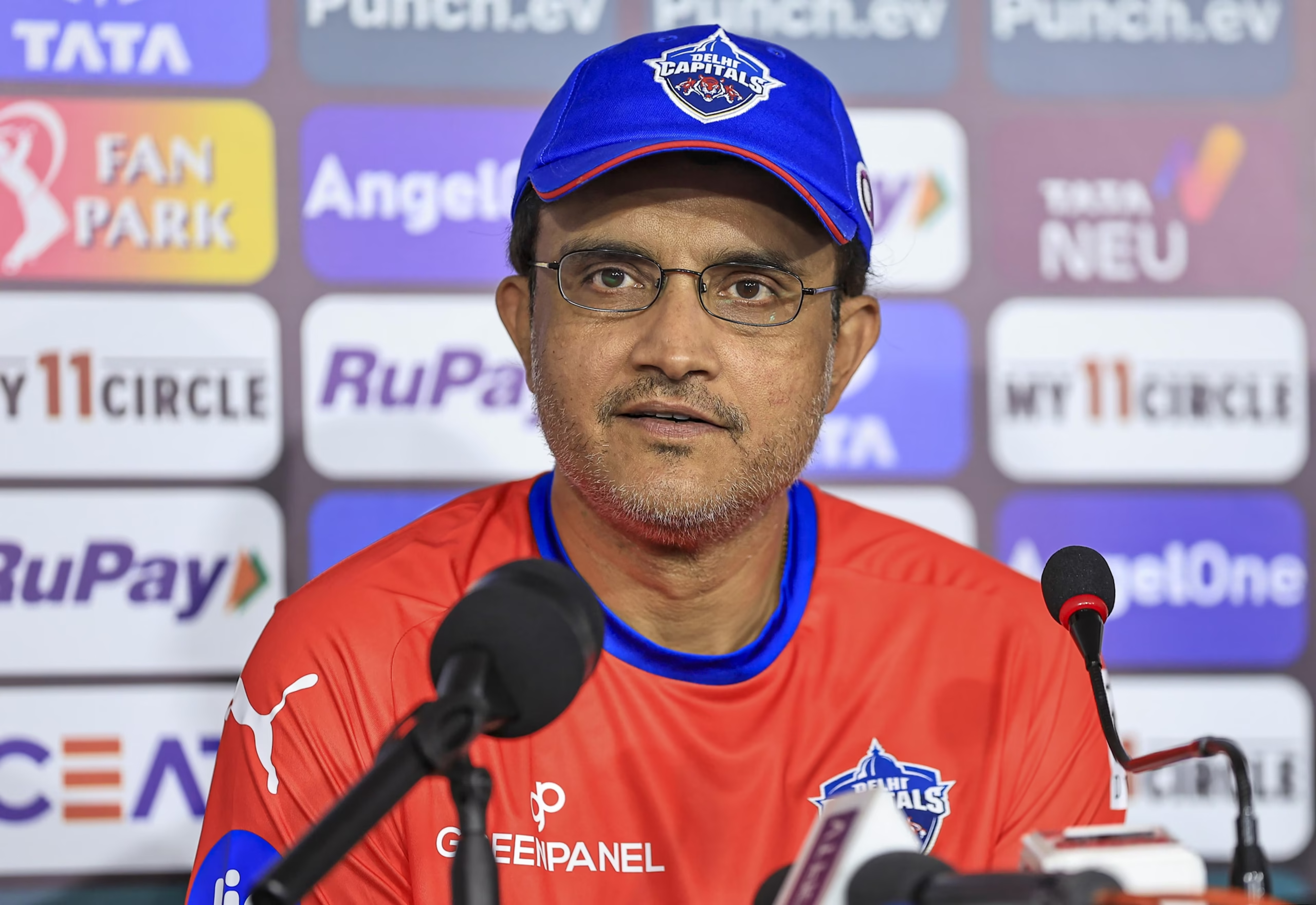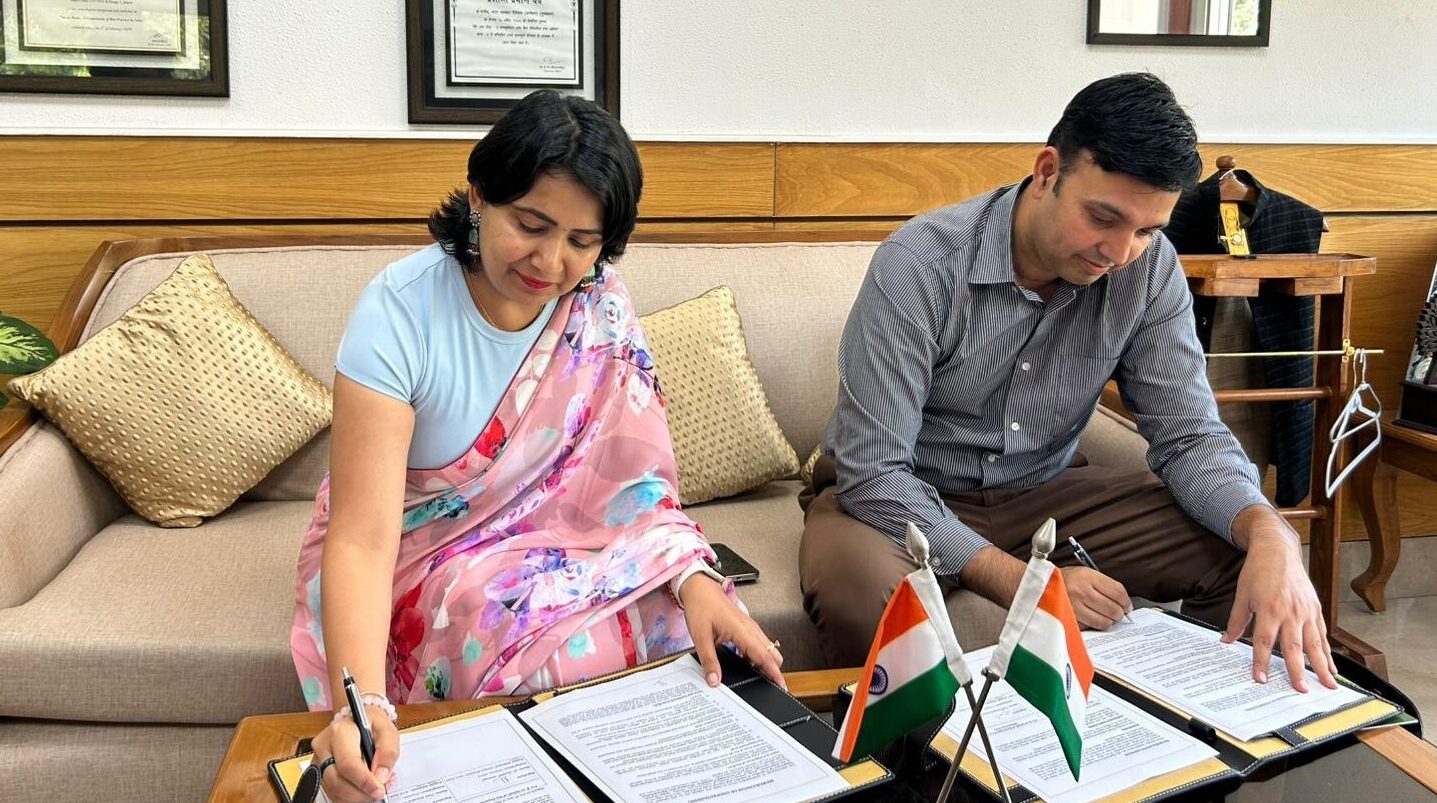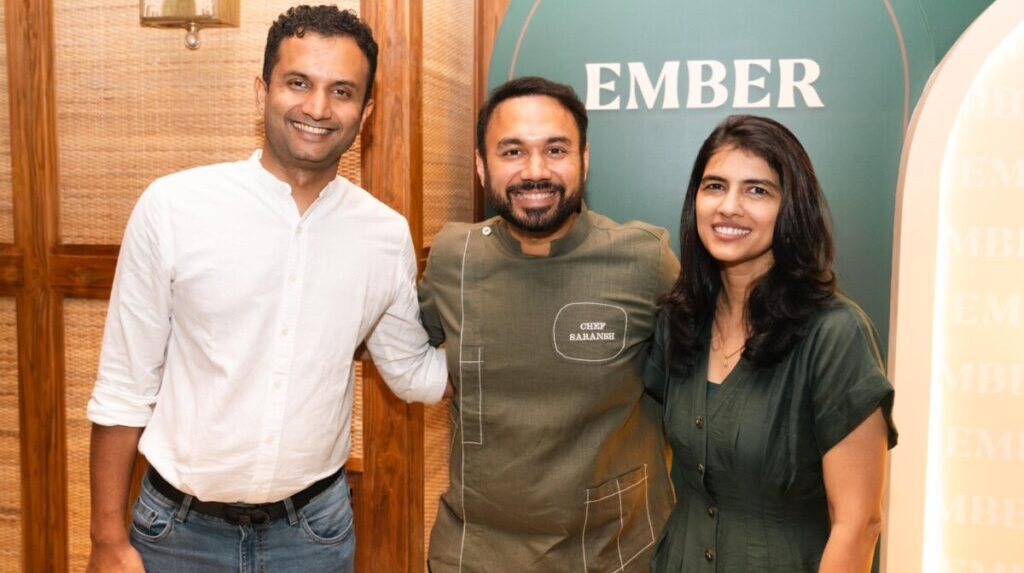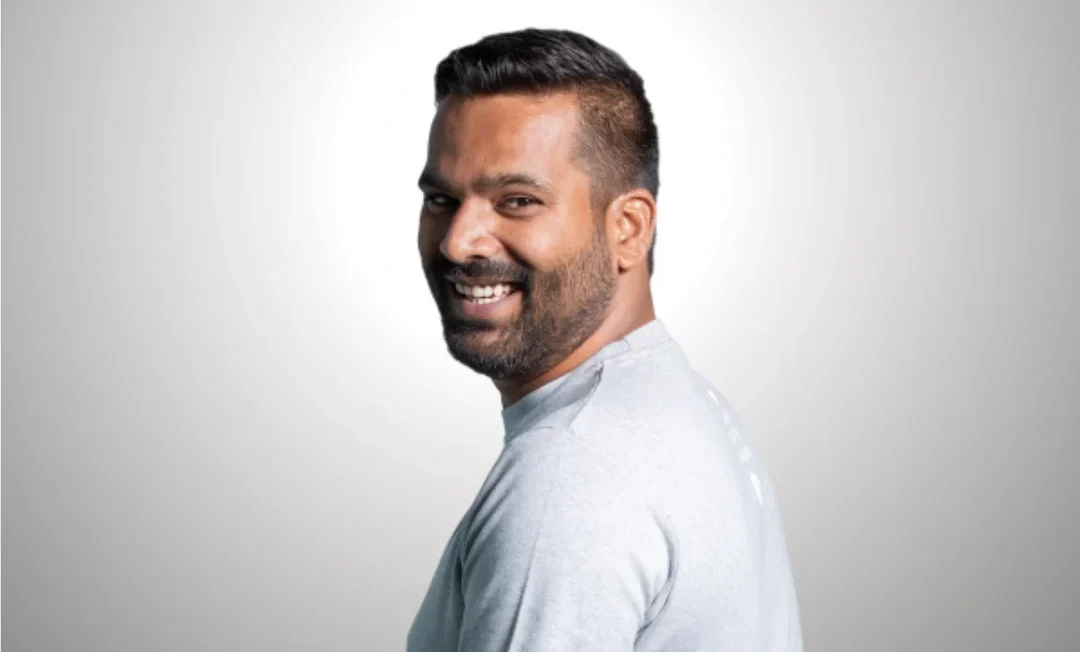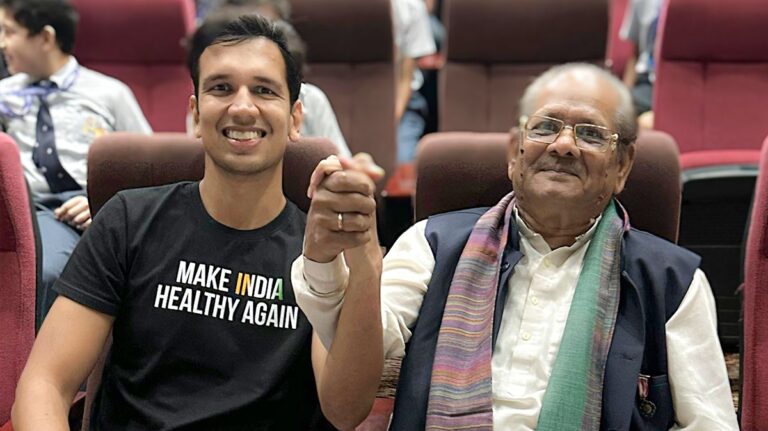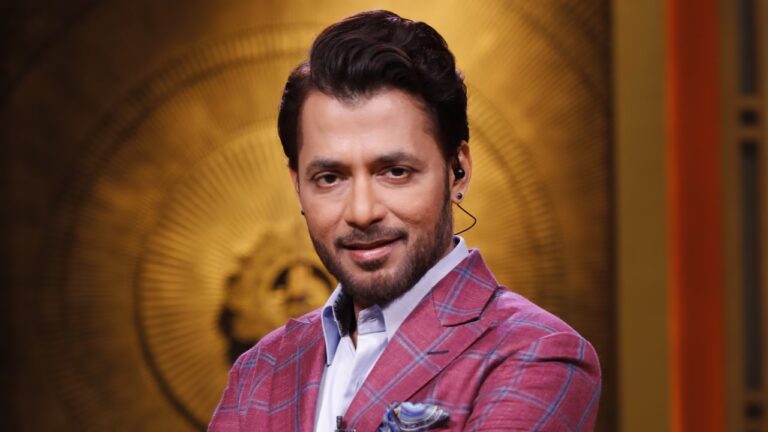Sourav Ganguly wasn’t your conventional rags-to-riches cricketer. Born in 1972 Calcutta in an elite family, his father Chandidas Ganguly was owner of a thriving printing press and one of the richest men of the city. The Ganguly family lived a life of luxury and Sourav even had his own cricket ground at home.
His older brother, Snehasish Ganguly, was already playing first-class cricket for Bengal, but Sourav had something more, an attitude like no other. After he scored a century against Orissa’s Under–15 side, he was made captain of his school’s cricket team. Several of his teammates complained against what they perceived to be his arrogance. Cricket is often referred to as a “Gentleman’s Game,” and Ganguly approached it with the unwavering belief that he was destined for the top.
The Making of a Leader
Ganguly’s burst into the international scene made similar waves. In his debut match in 1996 against England he played a 131 run innings that still remains the highest by any batsman on his debut at the iconic Lord’s stadium.
By 2000, Indian cricket was in crisis, shaken by the match-fixing scandal. Ganguly became the captain and this was the turning point for Indian Cricket. He led a young team with aggressive players like Yuvraj Singh, Harbhajan Singh, and Virender Sehwag, giving Team India the backbone and confidence they had been missing.
His notoriety, of course, for that now-famous waving of shirts at Lord’s in 2002? That was not just about emotion. That was a sign to the world that Indian cricket was finished playing shy.
As captain, he led Indian national team to win the 2002 ICC Champions Trophy and reach the final of the 2003 Cricket World Cup, the 2000 ICC Champions Trophy and the 2004 Asia Cup becoming the most successful captain of the side upto that point. His greatest legacy was perhaps building the core of the side that will go on to win the 2011 World Cup under Mahendra Singh Dhoni’s captaincy.
Virender Sehwag, Yuvraj Singh, Harbhajan Singh, Gautam Gambhir, Zaheer Khan, Ashish Nehra and the captain Mahindra Singh Dhoni himself made their debut under Ganguly’s captaincy.
Kolkata’s Eternal Prince
India loved Ganguly, but Kolkata revered him. The declining city in the 90s saw its past glory reflected in him—audacious, bohemian, and rebelliously independent. His passion for sports, his elegance on the field, and his refusal to buckle under authority stirred every Bengali heart.
Even after retirement, his impact on the game is still strong. He served as the President of the Cricket Association of Bengal and later the BCCI. Popularly known as ‘Dada,’ he continues to have a huge influence on the game, proving that he is still the Bossman of Indian Cricket. He is a considered a national treasure in West Bengal. His face visible on hoardings, in discussion, and in the hearts of the fans who still call out his name at Eden Gardens.
Sourav Ganguly wasn’t just an excellent cricketer, he was royalty in every sense. The ‘Prince of Kolkata’ isn’t just a title—it’s a legacy that continues to endure.
Also Read: How To Setup an Indoor Saffron Farm









